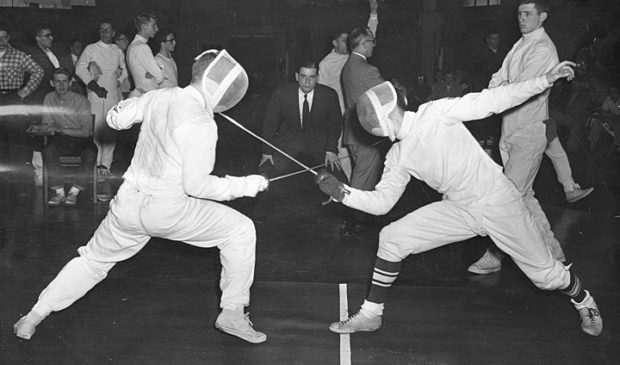CodeNEXT activists sign on with opposing petitions
Thursday, June 15, 2017 by
Chad Swiatecki Whoever “Austin Neighbor” is, they’re not happy about the city’s plans to increase housing density under CodeNEXT.
In a quirk of 21st-century digital advocacy, the change.org online petition website features a pair of somewhat oppositional petitions related to efforts to rewrite the city’s Land Development Code. One, created by local affordable housing advocate Tommy Ates, is pitched as “Make Austin Diverse Again!” and seeks to put pressure on local leaders to use CodeNEXT to “break the horrific legacy of Jim Crow and have a zoning code which adheres to the Imagine Austin Comprehensive Plan for a thriving middle and working-class.”
From the other side comes the less inspirational and anonymously penned petition to “Keep CodeNEXT transects out of our neighborhoods,” which opposes measures to increase density in long-established neighborhoods as a way to address the “missing middle” in area housing stock.
Call the petitions a snapshot of the differing points of view in the city’s years-long process of determining how to deal with growth pressures in the coming decades. As of this writing both petitions were still short of the signatures needed to be called successful, though they’re likely more useful as tools to rally like-minded residents to get involved in the CodeNEXT public engagement process.
Ates, a former board member of the local urban activist group AURA and a current member of the pro-density Friends of Hyde Park, said as much this week.
“(The petition) can be very effective for us, because we need to get the word out, and we need to do whatever we can to send the message that there are people out there fighting back on this,” he said. “We have to act now and we’re going to publicize and speak to whoever we can.”
While CodeNEXT is still in its early stages, it has already become a lightning rod for residents and activists organized around a variety of issues related to building and development practices.
Austin Neighborhoods Council President Mary Ingle said she knows who created the anti-transect zone petition but wouldn’t disclose their identity because that person wants to remain anonymous. The ANC has thus far been critical of the initial concepts and maps presented with CodeNEXT but Ingle said the process is still in too early a stage to take an official position on anything.
Supporters of the two petitions said there is a lot at stake with how the CodeNEXT process unfolds and that they hope their digital signature is one way to send a message to Austin leaders, even if it’s mostly ceremonial.
“I know that online arguing is in large part ineffective, which is why I do more with face-to-face meeting and speaking to people often,” said Frank Harren, a longtime real estate agent in Austin and organizer of the Austin Affordable Neighborhoods Coalition, which is listed as a supporting organization for the “pro-diversity” petition.
“I’m working on getting (Austin Affordable Neighborhoods Coalition)’s message out en masse since it’s a new group, and in that way something like change.org can be very effective. I think we can get at least a couple thousand people organized and vocally advocating for the viewpoints of what we believe in,” he said.
On the other side, Travis Heights resident Nicolas Atwood said he signed the anti-density petition because he opposes policies that promote tearing down long-standing single-family homes to make way for multifamily units that will add to transportation and other infrastructure headaches.
Aside from signing the change.org petition, Atwood said he’s thus far limited his participation in the CodeNEXT process to discussions with friends and colleagues.
“I’m not an activist type of person but I feel I have a valid concern and if I can participate that way, it’s fine,” he said, adding that he would like for organizers on both side of the issue to make their identities known. “It should be that if there’s going to be a petition looking for neighbors and people involved to sign, then they should be willing to let you know who’s doing it.”
Photo by uwdigitalcollections made available through a Creative Commons license.
The Austin Monitor’s work is made possible by donations from the community. Though our reporting covers donors from time to time, we are careful to keep business and editorial efforts separate while maintaining transparency. A complete list of donors is available here, and our code of ethics is explained here.
You're a community leader
And we’re honored you look to us for serious, in-depth news. You know a strong community needs local and dedicated watchdog reporting. We’re here for you and that won’t change. Now will you take the powerful next step and support our nonprofit news organization?



